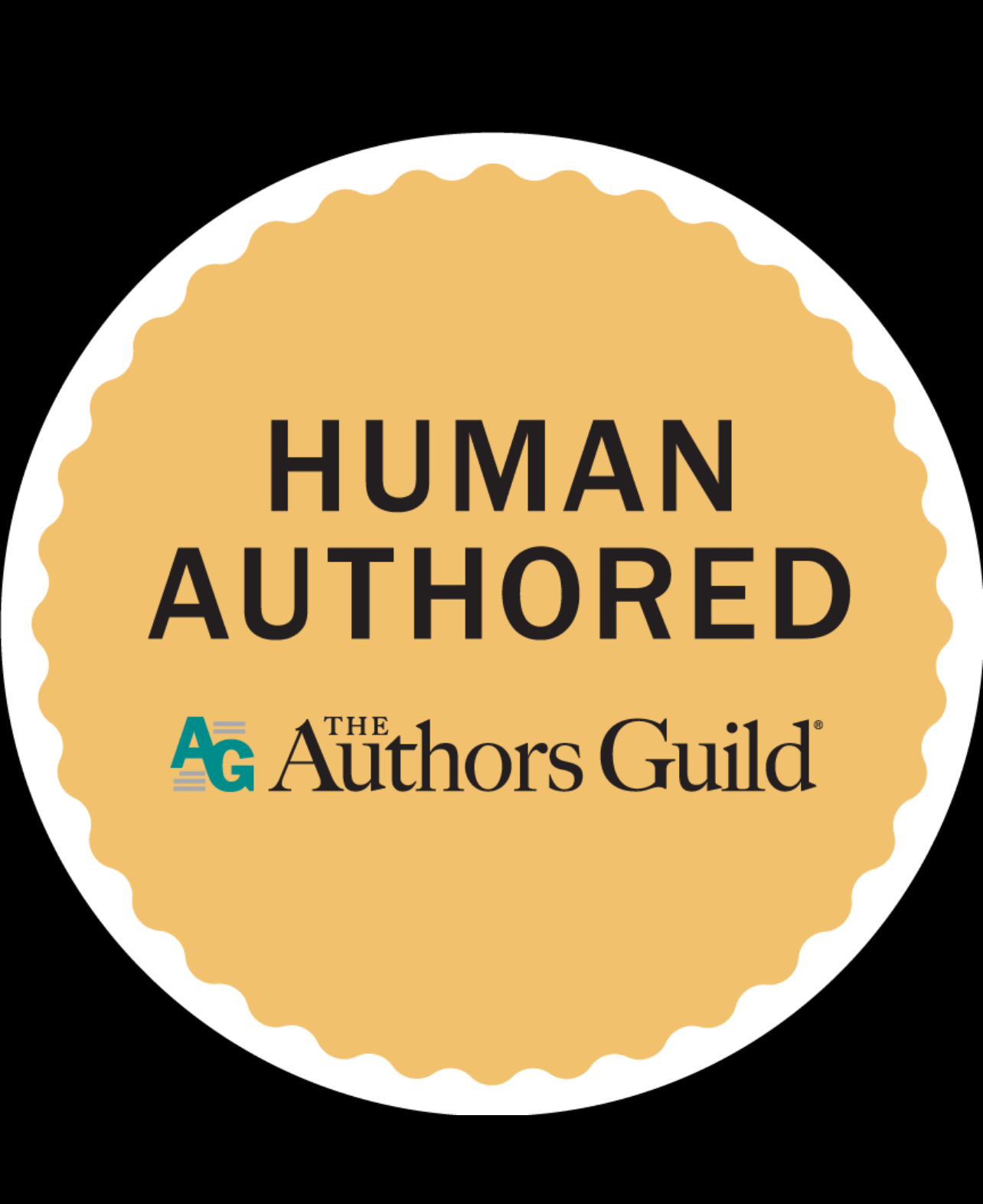Jim Milliot, Publishers Weekly; Judge Delays Preliminary Approval in Anthropic Copyright Settlement
"Alsup signaled his discomfort with the proposal in a filing released the evening before the September 8 hearing, writing that he was “disappointed” that attorneys representing the author plaintiffs had left “important questions to be answered in the future, including respecting the Works List, Class List, Claim Form." He was especially concerned for works with multiple claimants with regards to the notification process, voicing worry over what would happen if one party wanted to opt-out of the settlement and the other did not...
In a statement, Authors Guild CEO Mary Rasenberger said the Guild was “confused” by the court’s suggestion that the Guild and AAP were working behind the scenes in ways that could pressure authors to accept the settlement “when that is precisely the opposite of our proposed role as informational advisors to the working group.”
The goal of the working group, which had been proposed by lawyers for the class, “is to ensure that authors’ interests are fully represented and to bring our expertise... to the discussions with complete transparency,” Rasenberger continued. “There are industry norms that we want to make sure are accounted for.”...
AAP CEO Maria Pallante offered an even more vigorous explanation of AAP’s role, as well as the role of the Guild, in the proceedings. “The Association of American Publishers and the Authors’ Guild are not-for-profits that have worked hard to support counsel in the case and to make sure that authors and publishers have the information they need,” Pallante said in a statement. “Unfortunately, the Court today demonstrated a lack of understanding of how the publishing industry works.”"
